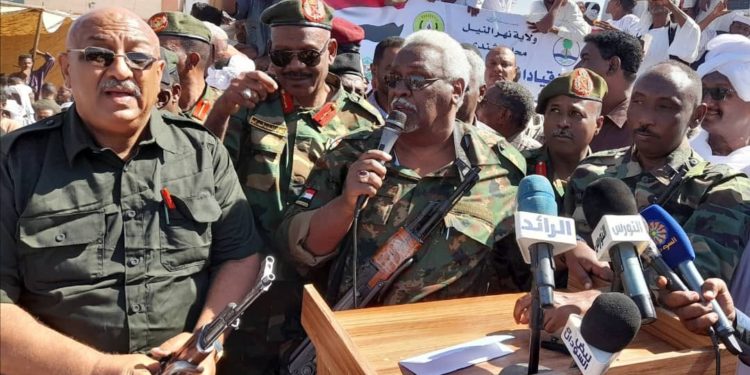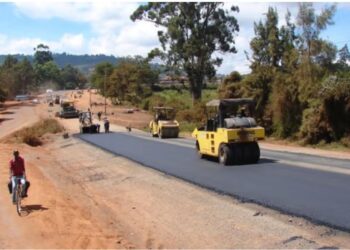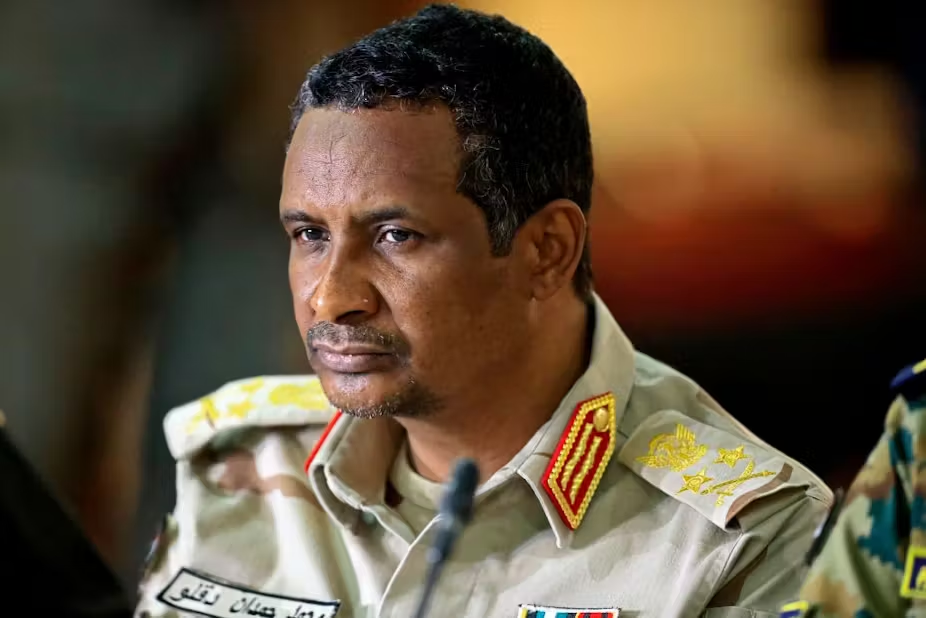By SUDAN TRIBUNE
January 8, 2024 (AL-DAMER) – In a sweeping move, the governor of the River Nile State, Mohamed Al-Badawi, has banned the activities of the Forces for Freedom and Change (FFC) and the neighbourhood Resistance Committees, effectively dissolving them.
He also dissolved all service committees in the state’s cities and villages, replacing them with bodies composed of military veterans and individuals tasked with mobilizing civilians to fight the Rapid Support Forces (RSF).
This latest move comes on the heels of Al-Badawi’s controversial order on December 29, which instructed members of the FFC and those he deemed “collaborators” with the RSF to leave the city within three days. His decree was met with widespread rejection and criticism from various political factions.
The states of northern, eastern, and central Sudan have been witnessing a surge in calls for arming civilians to prepare for confrontations with the RSF, a campaign known as “Popular Resistance.” However, this initiative has been met with rejection from political forces, who voiced serious concerns that it could escalate into a full-blown civil war.
Al-Badawi’s decree mandates the establishment of new management committees within neighbourhoods, villages, and cities. These committees will be headed by the imam of the local mosque, a representative of war veterans, women, and youth, and a mobilization coordinator.
The governor has established specific criteria for individuals seeking to join these committees, requiring them to be Sudanese citizens, not hold any foreign passports, and not have previously participated in the dissolved committees.
Local administrative leaders, including executive directors, have been tasked with expediting the formation of these management committees in coordination with the mobilization supervisor in each locality.
The FFC, alongside other political forces, resistance committees, and human rights groups, have been actively advocating for an end to the ongoing conflict and urging both warring parties to return to the negotiating table.
The neighbourhood committees, many of which morphed into Emergency Rooms following the outbreak of war, have also been providing relief to affected civilians and monitoring violations committed by both sides.
(ST)







Discussion about this post